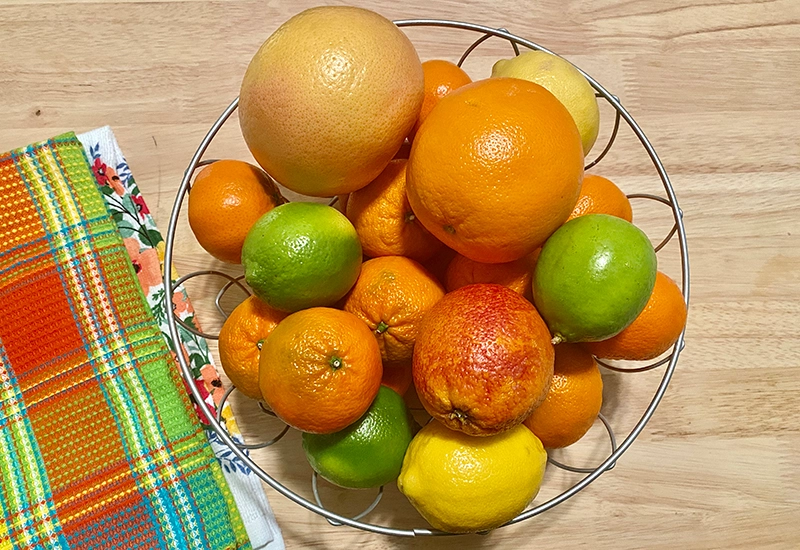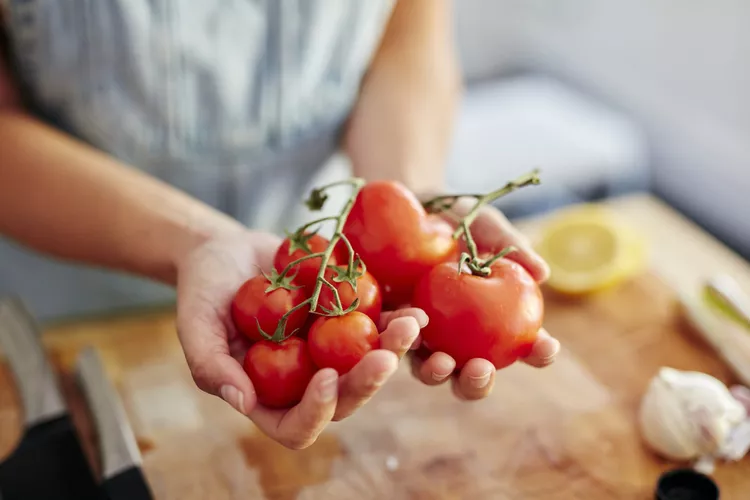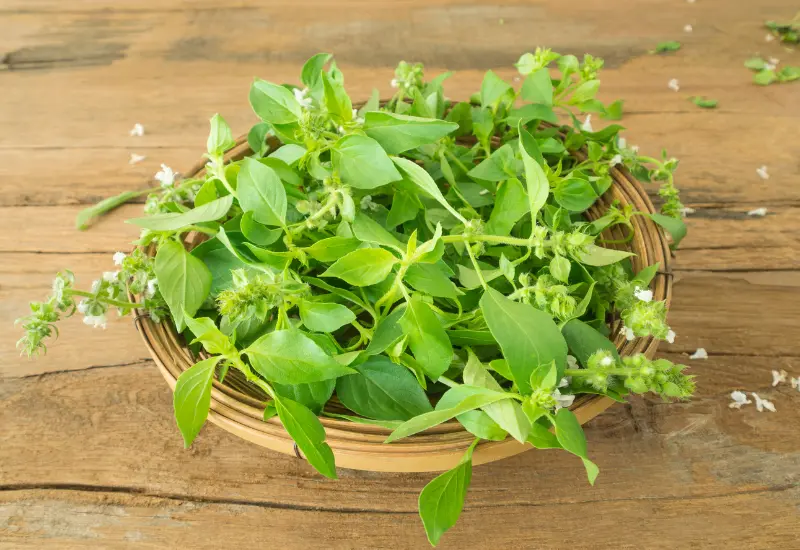Discover the vibrant flavors and culinary trends emerging from the Nigerian kitchen. From traditional favorites to modern twists, this guide unveils Muveet’s Weekly Food Picks and spotlights the dishes, ingredients, and cooking styles currently heating up kitchens across Nigeria. Whether you’re a home cook or a food enthusiast, there’s something exciting to try every week. For those who prefer a nutritious touch, you can also enjoy healthy food from Muveet delivered fast and easy right to your doorstep.
1. Traditional Nigerian Kitchen Recipes for Home Cooks
The Nigerian kitchen is an aromatic treasure trove of traditional recipes passed down through generations. Home cooks seeking to recreate the heart of Nigerian cuisine often gravitate toward dishes like Egusi soup, Banga soup, Afang soup, and Oha soup—plus a curated list of the Top 10 Nigerian Meals you can now get delivered in minutes. Each recipe embodies indigenous cooking techniques, distinct spices, and locally sourced ingredients like melon seeds, palm oil, and bush meats.
For example:

- Egusi Soup: A rich, thick soup made from ground melon seeds, often cooked with spinach or bitterleaf, assorted meats, stockfish, and seasoned with crayfish and pepper. It is typically served with pounded yam or eba.
- Banga Soup: Native to the Niger Delta region, it is made from palm nut extract, local spices, and sometimes catfish or goat meat, offering a unique earthy flavor.
These recipes create the nostalgic taste of a Nigerian kitchen, ideal for both traditional meals and cultural celebrations.
2. Nigerian Kitchen Essentials for Authentic Cooking
To replicate the Nigerian kitchen experience, certain cooking tools and ingredients are essential:
- Mortar and Pestle (Ikwe and Aka): Used for pounding yam, peppers, and spices.
- Local Clay Pots: Known for enhancing the smoky, earthy flavor of soups and stews.
- Palm Oil: A staple ingredient rich in flavor and used in most Nigerian soups.
- Stockfish and Dry Fish: For umami richness in soups.
- Spice Mixes: Ground crayfish, iru (locust beans), and dry pepper are fundamental.
Without these, any attempt to recreate authentic Nigerian meals may fall short. These essentials are what differentiate a Nigerian kitchen from Western-style kitchens.
3. Healthy Nigerian Kitchen Recipes for Weight Watchers
In modern times, many Nigerians are modifying recipes to suit healthier lifestyles. Here are health-conscious adaptations that still retain the Nigerian kitchen essence:
- Oil-Free Egusi Soup: Reducing or skipping palm oil, using blended vegetables for a lighter version.
- Low-Carb Swallows: Instead of garri or pounded yam, substitutes like cauliflower fufu or oat fufu are trending.
- Grilled Suya: Lean beef or chicken marinated in suya spice and grilled instead of fried.
This fusion of health and tradition reflects an evolving Nigerian kitchen, where culinary heritage meets wellness goals.
4. Modern Appliances Transforming the Nigerian Kitchen
Today’s Nigerian kitchen has welcomed modern appliances that ease traditional cooking:
- Blenders and Food Processors: For quickly blending peppers, tomatoes, and soups.
- Pressure Cookers: Essential for reducing cooking times for tough meats and beans.
- Air Fryers: Gaining popularity for making crispy dodo (plantain) with less oil.
- Electric Mortar & Pestle: For those who want the pounded yam experience without manual effort.
This modernization trend is especially visible in urban homes and is reshaping how traditional meals are prepared.
5. Trending Street Foods Making Their Way Into Nigerian Kitchens
Street foods are gaining popularity in home cooking spaces:
- Bole and Fish: Grilled plantain with spicy pepper sauce and fish, now commonly made at home using grills or air fryers.
- Nkwobi: A spicy cow foot delicacy that was once exclusive to local bars but is now a home delicacy.
- Ofada Sauce & Rice: Originally served in local joints, now a staple in modern Nigerian kitchens.
Bringing street food indoors is redefining culinary creativity in Nigerian homes.
Muveet’s Weekly Food Picks
Here are the top food picks for the week, fresh from Nigerian kitchens:
- Ofe Akwu (Banga Stew)—Perfect for rice and native yam dishes.
- Edikang Ikong Soup—A nutritious, vegetable-rich soup loaded with meats and seafood.
- Yam Porridge (Asaro)—Creamy, spiced with pepper and crayfish.
- Peppered Snails—A delicacy that adds a spicy twist to the table.
- Abacha (African Salad)—A southeastern favorite, perfect for a light, tangy meal.
- Fisherman Soup—Bursting with fresh seafood flavors.
- Ofada Rice and Sauce—Served with spicy, locally made stew.
- Goat Meat Pepper Soup—For cold nights or as an appetizer.
- Ewa Agoyin—mashed beans served with special spicy sauce.
- Suya Spiced Chicken Wings—A twist on the classic suya, suitable for house parties.
What’s Hot in Nigerian Kitchens
1. Fusion Cooking
Nigerian chefs are experimenting by blending global cuisines with local dishes—think Jollof rice with Thai spices or Egusi pasta.
2. Plant-Based Nigerian Dishes
There’s growing demand for vegan and vegetarian versions of classic dishes like
- Vegan Egusi
- Mushroom Suya
- Vegetarian Okra Soup
3. Home-Based Food Businesses
Many entrepreneurs now run food businesses straight from their Nigerian kitchens, offering packaged foods like
- Dried spiced crayfish
- Ready-to-cook soup packs
- Homemade snacks like Chin Chin and Kuli Kuli
4. Return of Forgotten Ingredients
Ingredients like fonio (acha), ofada rice, and tiger nuts are seeing a resurgence due to their nutritional benefits.
5. Food Vlogging and Tutorials
Social media influencers are showcasing step-by-step Nigerian recipes, encouraging more people to experiment in their own Nigerian kitchens.
Conclusion
The Nigerian kitchen is a dynamic space that marries tradition with innovation. From health-conscious alternatives to street food adaptations and kitchen tech transformations, Nigerian homes are redefining their culinary identities weekly. Muveet’s Food Picks serves as a guide to the vibrant, evolving world of Nigerian cuisine, helping you stay in tune with what’s hot in the Nigerian kitchen scene.






